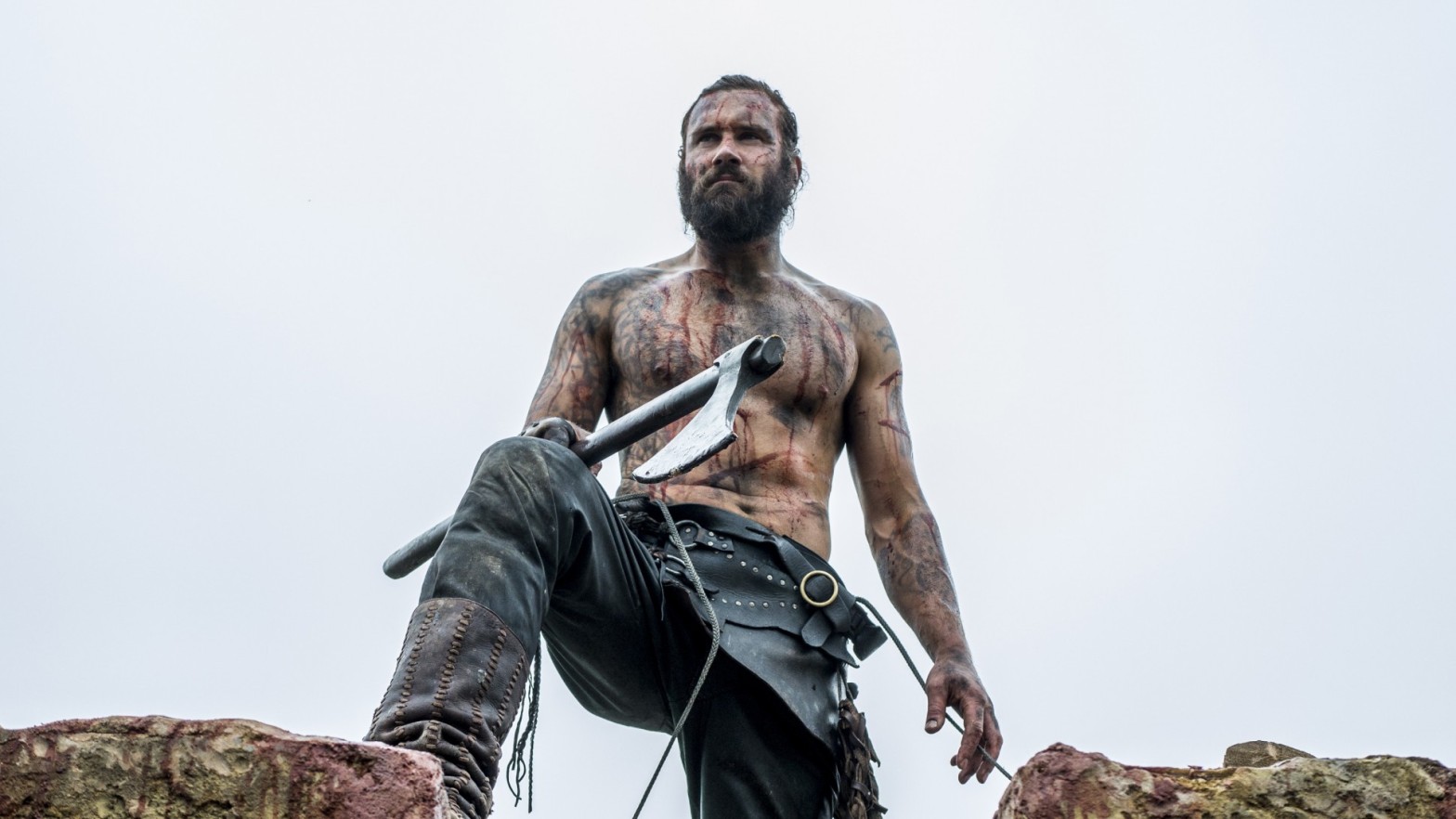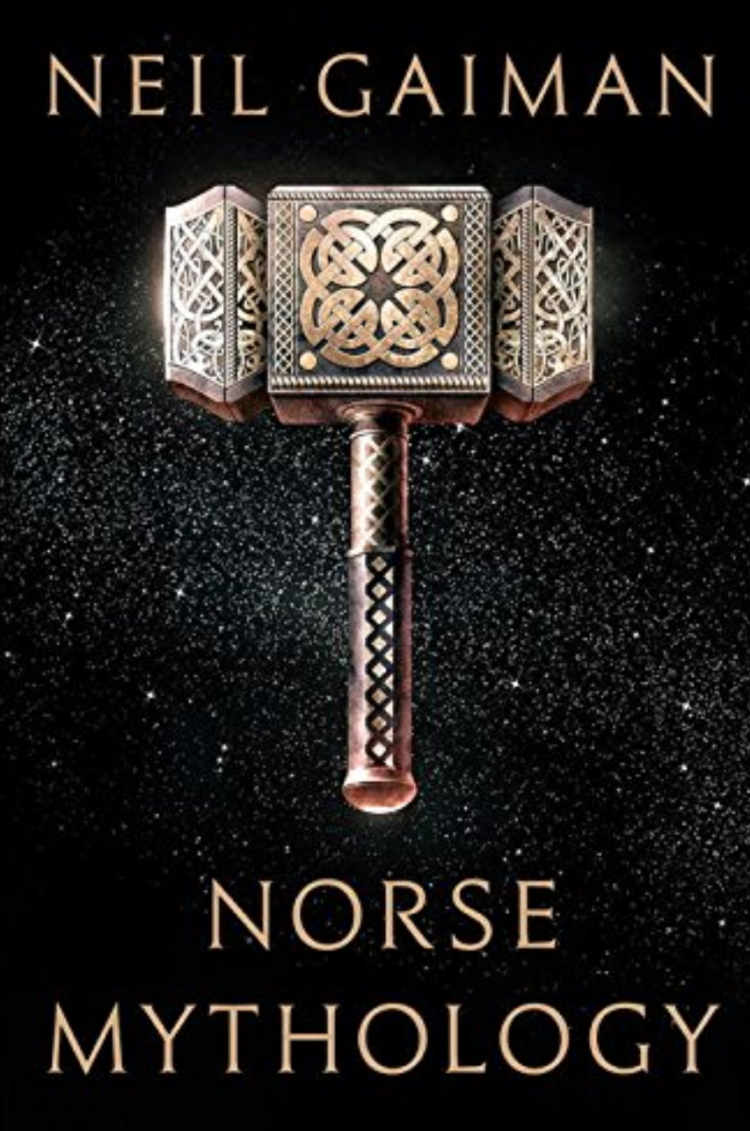A myth is more than just an old story. In their day, hundreds or thouands of years ago, myths shaped reality. WOAH! That’s a big claim, right? That the Ramayana actually shaped the reality of the people who read it two thousand years ago? That’s like saying Star Wars: Rogue One is shaping our reality today. Maybe it is. Story is how our mind works, and the stories we tell say everything about how we think.
“If Viking myths made humans fearless, I think ours tend to make us fearful.”
If like me you have a new addiction to the Vikings tv show, you’ve probably been doing some thinking about Viking myths. Stories of Odin One-Eye, that eye given to look in the well of knowledge, resonate especially in the frozen months of northen climates. Thor, Loki, Baldur, Freya and the other gods have never truly gone away. Their still on every cinema screen thanks to Marvel, and being read by millions thanks to authors like Neil Gaiman.
Viking myths described a world that was remarkably small. The world was only as wide a longboat could row. The gods lived just overhead, but out of reach, in the heavens above. And they watched and judged our lives. Men and women lived out their destiny, and fought bloody battles to pursue their fate, all to be judged well by the gods. Where today we see the universe as infinite, Vikings saw their cosmos as eternal. An endless battlefield, on which the eternal dramas of gods and men cycled forever. A mortal man was just a shadow of a greater reality. The point of life wasn’t to live a long life in safety and comfort. It was to commit acts that would echo in eternity.
Vikings weren’t alone in this worldview. The myths of the Greeks and Romans, and of the ancient Hindu world, all painted a similar picture. These were all pagan mythologies, and warrior cultures. We idolise these times, because they were well suited to the telling of great heroic tales. Of course they were, by our standards, brutal and unjust times, filled with terrible human suffering. But that’s to judge another reality by our own standards. Those who really believed the pagan worldview had no reason to fear death or suffering. Those things were just a gateway to eternal life.
Vikings is impressive as a tv show because, under the guidance of writer Michael Hirst, it dedicates a lot of time to the clash of Viking culture with the Christian culture of Anglo-Saxon Britain. In a memorable scene, a small band of Viking warriors in a “shieldwall” obliterate a far larger Saxon army. The Vikings are better warriors because they do not fear death. The weird mashup of pagan and juedo-christian beliefs that were Anglo-Saxon Christianity made them fearful of death, and of the judgement that would be made upon their sinful souls.
If stories are the operating system of human consciousness, then myths are culture specific upgrades, each new version bringing new features and retiring some old ones. Viking myths made men fearless. Christian myths made us compliant. They took the wild heroism of Viking and pagan cultures, and tamed it into the more stable, communal Anglo-Saxon world. We’re a thousand years or more on from that cultural shift. What do our myths make us?
Our tv screens are filled with heroic tales. And you don’t have to look far to find overbearing patriarchal sky gods still stalking the world. But the real myths of the modern world are stories told by science. A universe some 12 billion years old, measured by the speed of light in a vacumn. Life emerging from a blind process of evolution. All of it beginning with a Big Bang. A very 20th century idea, reflecting all the bullets, combustion engines and nuclear bombs that kept recent history banging. And we do have all these stories of powerful machines, The Terminator or The Matrix, determined to enslave or kill human life.
If Viking myths made humans fearless, I think ours tend to make us fearful. Terrified specks of animate matter in a vast inanimate universe. Once the gods walked with us shoulder to shoulder. Now there are no gods. No eternal drama of life. Only an infinite empty universe, not even ambivalent to our cause, but utterly unaware of it. These are the stories that shape our reality. These are our myths. And even a fearless Viking would find them soul shudderingly bleak.

